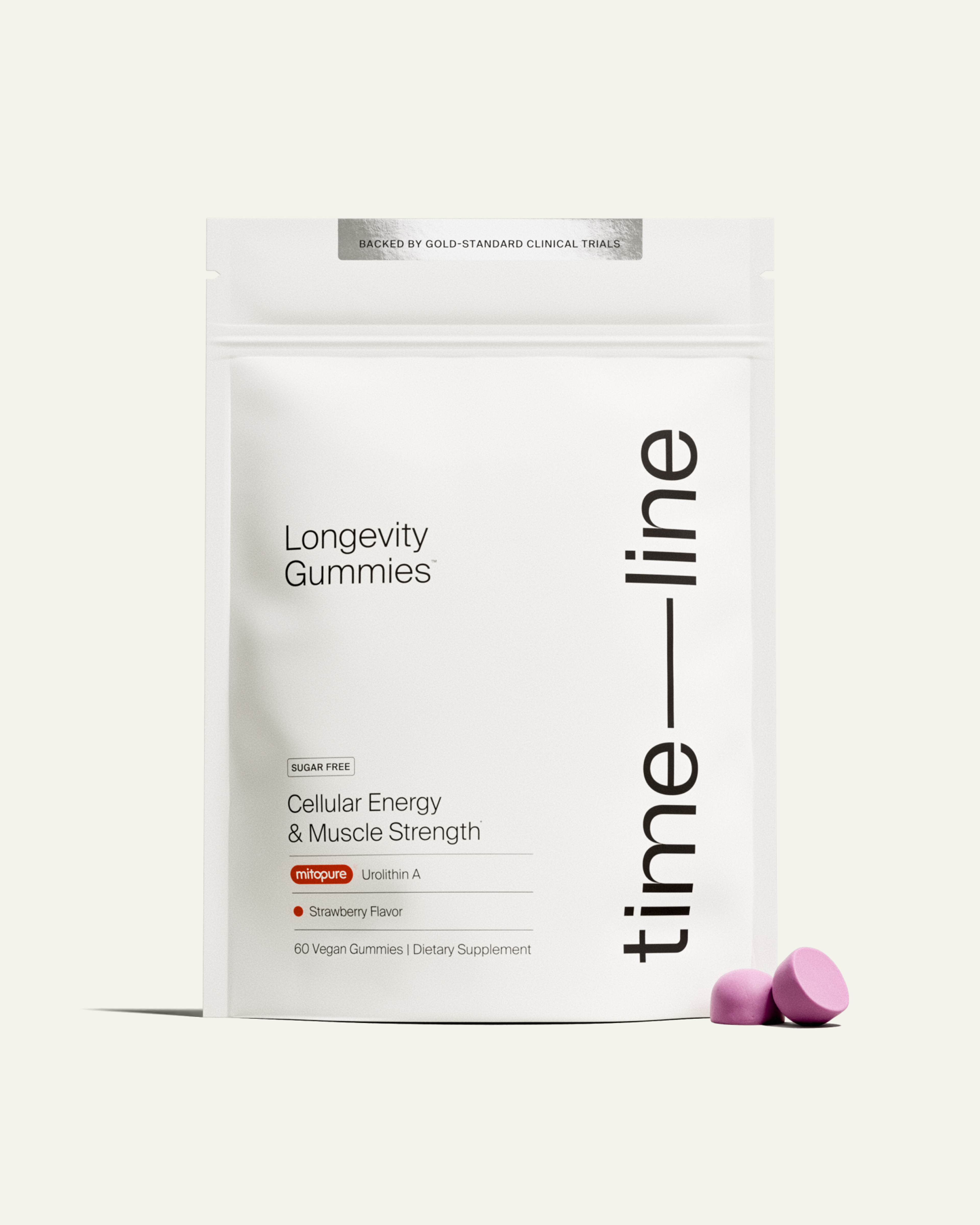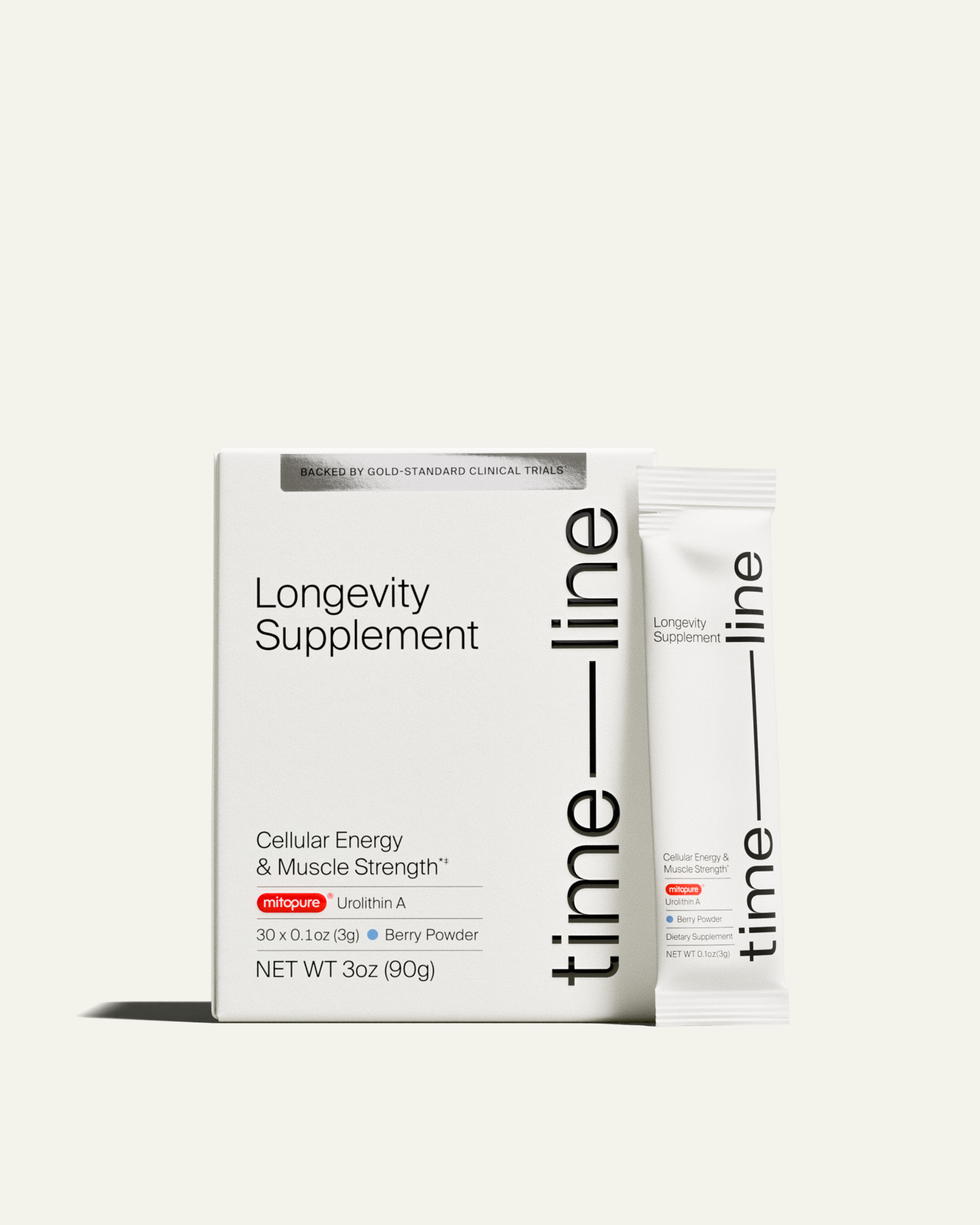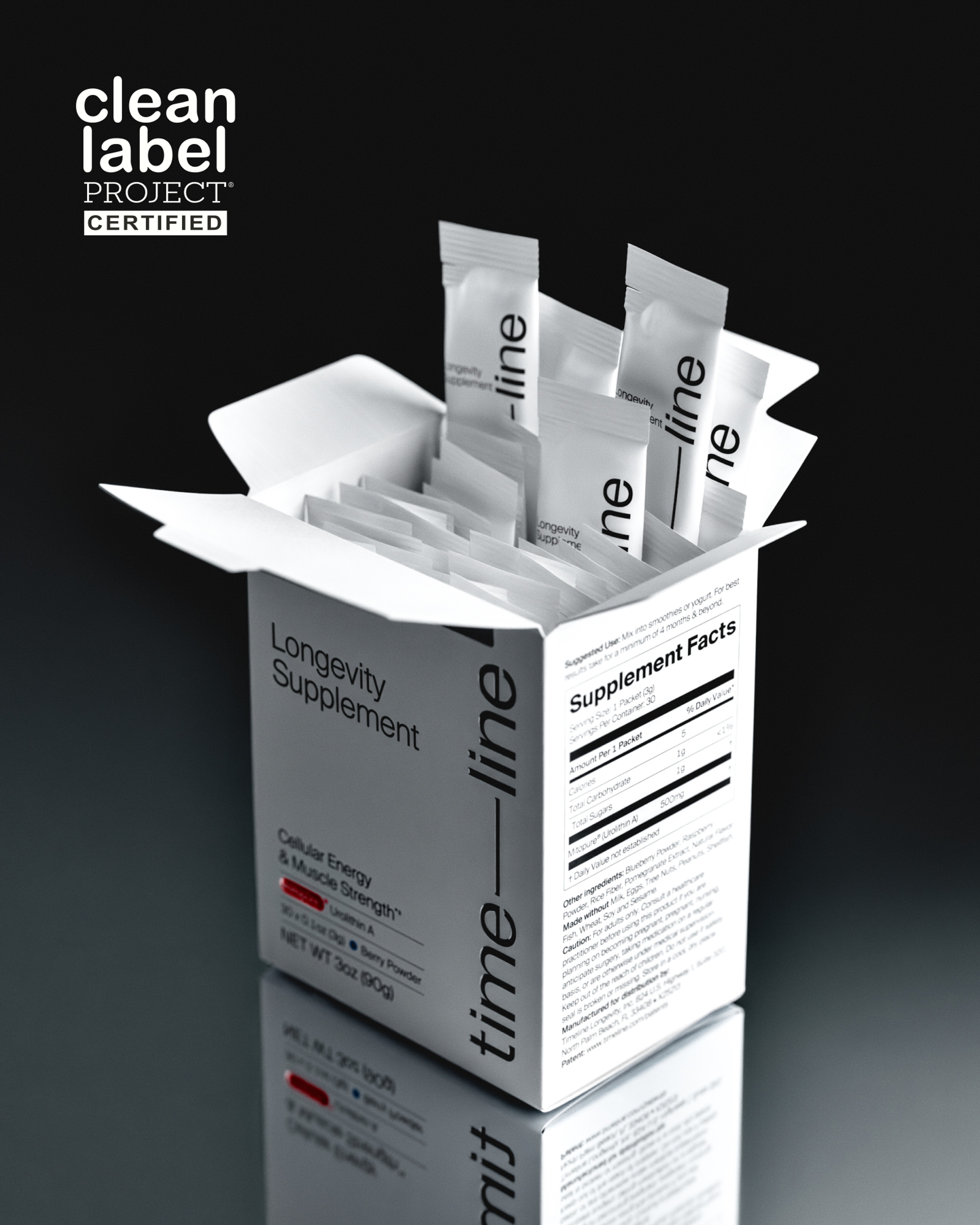2023 Breakthroughs in longevity research
Research and news on increasing longevity and healthy living is growing. Learn about six of the top aging science stories from this year.

The field of aging research is growing fast: In 2023 alone, more than 4,000 articles were published on aging. More than 154 studies were published on “health span,” a measure of not just how long we live, but how long we live in good health.
Scientists are learning how to better measure biological age, or how much we’ve aged, compared to the number of years we’ve been alive. They’re finding better biomarkers that show how different systems and cells are functioning or declining. And they’re testing new interventions that could help us live more years … and live more of those years without chronic disease.
It’s an exciting time for this field and for our future. Here are six of the most important breakthroughs, studies, and stories that impacted the world of healthy aging in 2023.
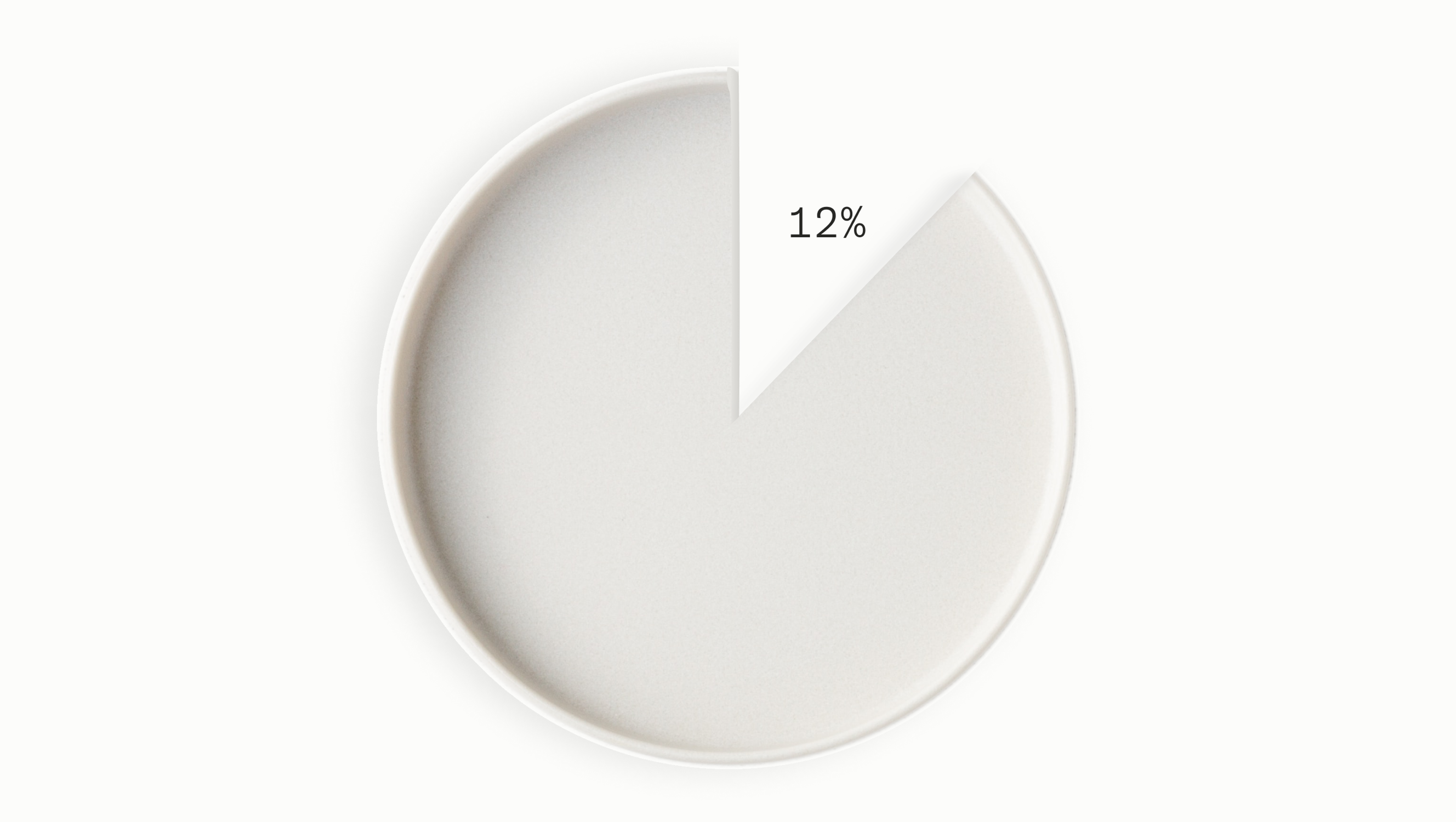
Reducing daily calorie intake by just 12 percent improves cell senescence, a biomarker of aging, and slows the pace of aging in one bio-age clock
Calorie restriction—eating less—has been found to improve the lifespan of animals by up to 300 percent and boost the longevity of humans by 1-5 years. [1]Previous studies have shown that caloric restriction can reduce levels of C-reactive protein, a systemic marker of inflammation.
In the Comprehensive Assessment of Long-term Effects of Reducing Intake of Energy (CALERIE), scientists found compelling new evidence that a slightly restricted diet can reduce the pace of aging and improve certain biomarkers of aging[2]. In this randomized control trial, 220 American men and women, age 21-50, were divided into two groups: One group was assigned to reduce their calorie intake by 25 percent of their baseline level. The other group—the control group—ate what they wanted. Scientists followed these groups for two years. On average, the calorie-restricted group reduced their daily intake by 11.9 percent, not the target of 25 percent. But this still resulted in changes to certain anti-aging markers, and reduced the pace of aging by 2-3 percent on one biological aging clock, called DunedinPACE.
Key takeaways from the trial
- A reduction in the pace of biological aging of 2-3 percent was seen in the caloric restriction group, measured by a DNA tool called the DunedinPACE clock. There was a slight dose-response relationship: Those who were closer to the 25 percent target slowed their bio-age a little more than those who reduced their calories by less than 10 percent.
- The calorie restriction group saw improvements in biomarkers of cell senescence. Senescent cells, sometimes called “zombie cells,” accumulate as we age and contribute to chronic inflammation and aging.[3]
- Metabolic rate was also reduced in the calorie restriction group. A slightly slower metabolism has been proposed as anti-aging, since it may reduce the amount of oxidative stress and damage the body undergoes.
The presence of senescent cells can result in mitochondrial dysfunction, and their accumulation can make us age faster. The results from this study show that eating a little less, but not restricting to an extreme level, can reduce the number of these zombie cells that are present, though scientists aren’t yet sure that it’s because fewer of these senescent cells accumulate or more are cleared.
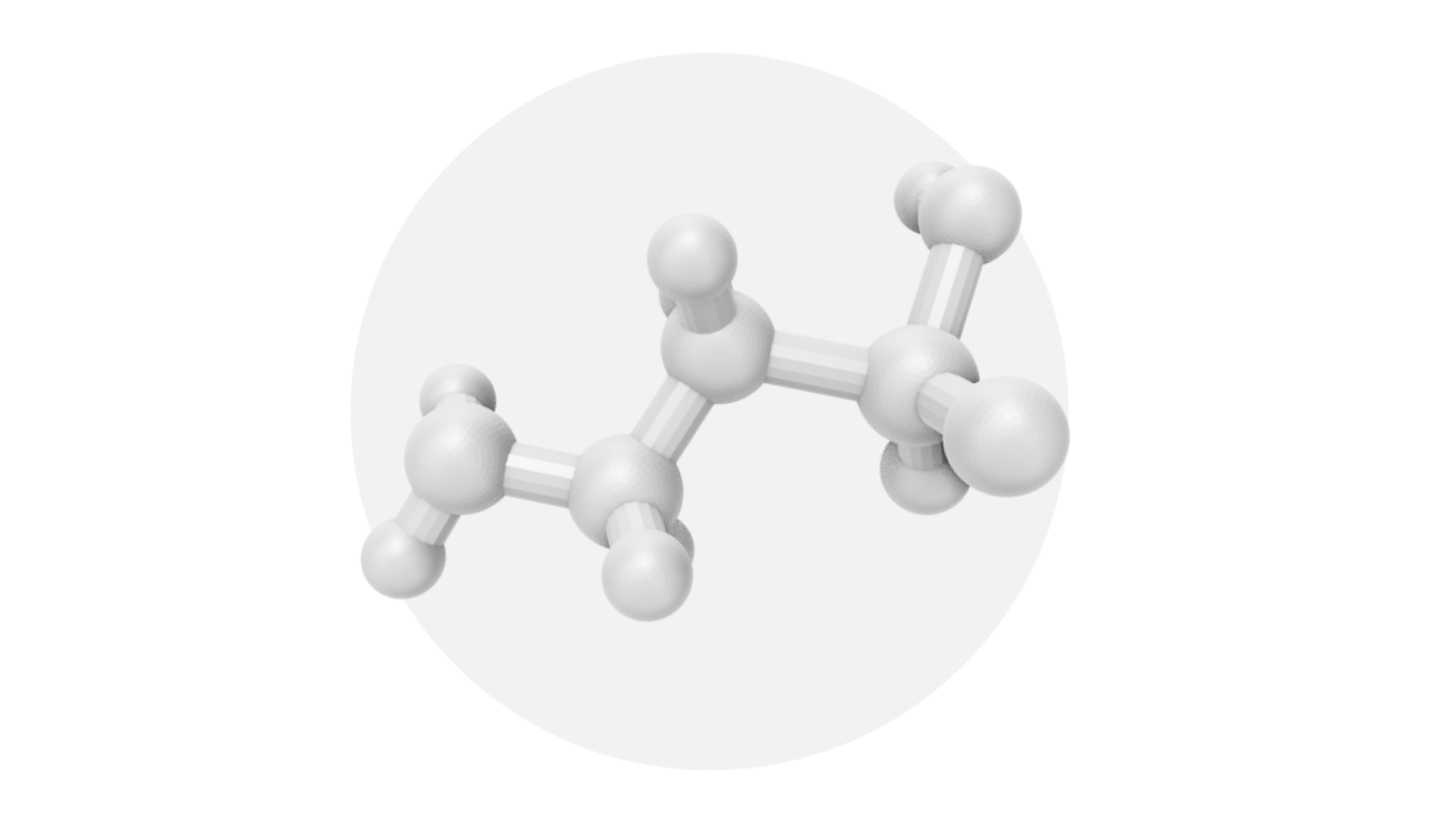
Maintaining levels of taurine, an essential amino acid, fought aging and improved health span and life span in animals
Taurine, an amino acid that is produced naturally in our bodies, is known as a driver of energy and athletic performance, and is used in obesity treatments. Levels of this amino acid decline in our blood as we age. A new study found that—at least in animal models—fighting its decline through supplementation may help extend life span and health span, a measure of not just how long we live, but how much of that longer life is lived without disease.
In this study, scientists divided middle-aged mice into two groups: One group was fed a taurine supplement once each day, while the other group did not receive supplementation[4]. The mice that were fed taurine lived longer and had better health outcomes: They had less age-related weight gain, fewer depressive symptoms, and better insulin sensitivity than the mice that were not given taurine supplementation.
Scientists also conducted a similar experiment on monkeys, who also experienced health span benefits. And they analyzed the taurine levels in 11,966 humans, associating higher levels with several markers of good health: Lower BMI, lower levels of C-reactive protein, a marker of chronic inflammation, and improved cholesterol numbers.
Key takeaways from the study:
- Mice fed taurine lived longer: The median life span of the taurine-fed group of mice increased by 10-12 percent.
- Aging monkeys that were fed taurine each day also had improved health markers compared to a control group: The monkeys saw increased bone density, lower blood glucose concentrations, and lower levels of molecular damage due to reactive oxygen species.
- Higher levels of taurine in humans were found to be associated with lower blood glucose levels, less abdominal fat, lower incidences of type 2 diabetes, and lower levels of C-reactive protein, a marker of chronic inflammation.
The study authors stress that the results achieved by supplementing taurine in monkeys and mice need to be replicated in humans. In the meantime, taurine can be increased in the body by eating lean meat and fish, but also through exercise: The scientists were able to boost levels of a taurine metabolite by 36 percent across all human subjects studied when they exercised.

Certain biomarkers and processes are associated with aging and longevity across mammal species
Scientists often study animals to get clues and ideas about interventions to try on humans. When it comes to life- and health-extending interventions, though, what helps one species live longer may not apply to another.
In this study, scientists worked to find common biomarkers, metabolites, and processes that increased longevity and health span—and reduced aging—across mammal species[5]. The study authors sequenced the RNA of 41 different species, analyzing gene expression, biomarkers, and molecular mechanisms to find common and distinct markers of aging.
Key takeaways from the study:
- Reduced activity of a growth hormone called IGF-1 was found to extend lifespan across species. This hormone, a component of insulin, is downregulated with age.
- Mitochondrial function was found to be an essential lifespan-extending factor for mammal species.
- The health and robustness of metabolic energy pathways—specifically oxidative phosphorylation, the process by which cells aerobically turn glucose into energy—is associated with longevity across species.
Learning which biomarkers and processes impact aging in multiple mammal species can help scientists direct which aging interventions to study in humans. For example, if a diet or exercise change impacts a biomarker in mice that is known to increase longevity in mice and in humans, it can be a positive signal that they should test that intervention on humans, too. But if an intervention improves a biomarker that only increases longevity in mice, and not in humans, they might skip it.
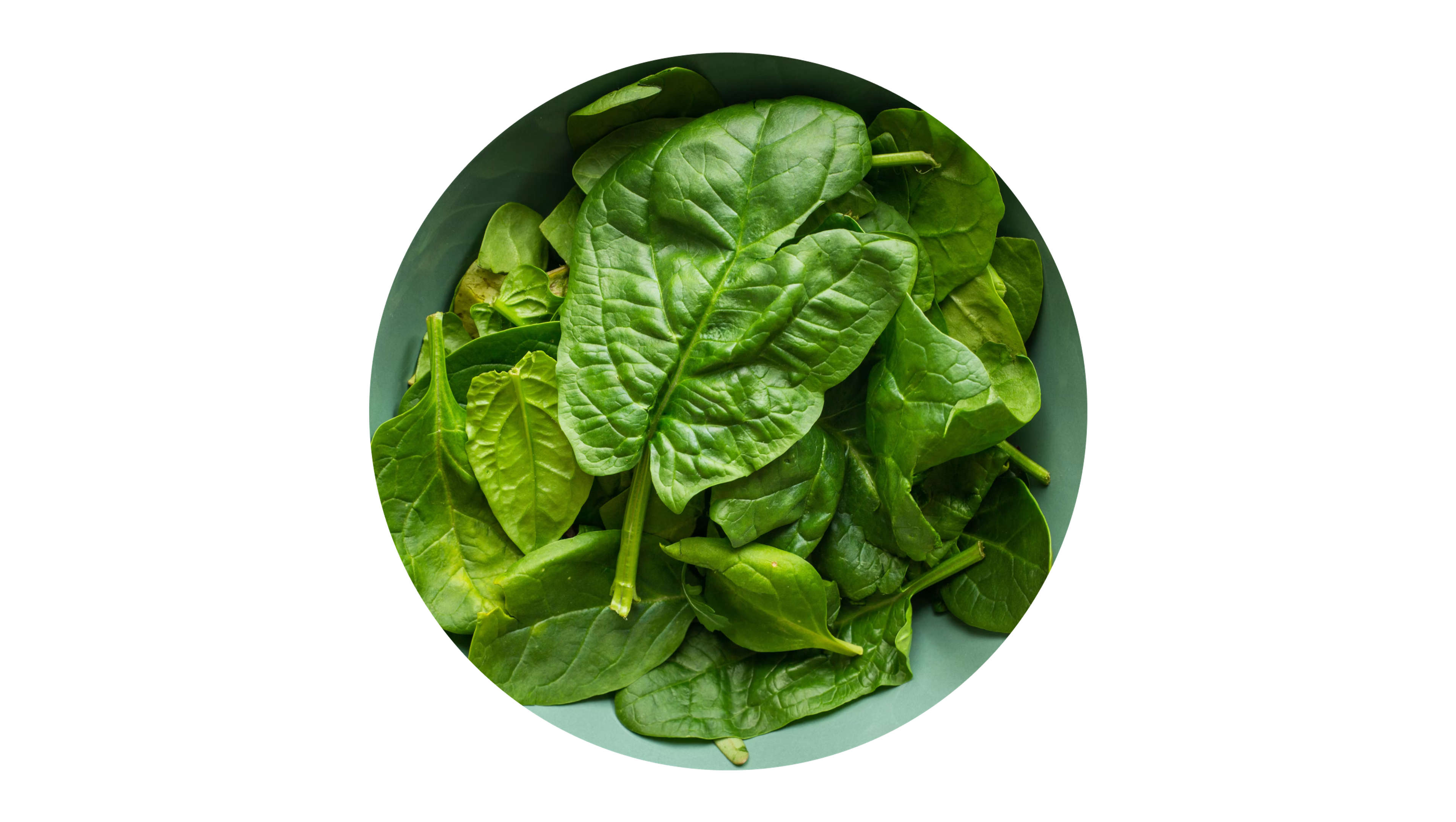
Spinach has high levels of polyphenos
Eating a diet high in polyphenols for 18 months improved biological age by 9 months
Polyphenols are plant-derived compounds that act as antioxidants and are known to fight inflammation in the body[6]. They’re found in high concentrations in leafy greens, like kale and spinach, and have been associated with lower risks of chronic diseases such as heart disease and cancer.
In this study, a diet with an incredibly high level of polyphenols was compared to a traditional Mediterranean diet and to a non-Mediterranean control diet[7]. This high-polyphenol diet included the same food as the Mediterranean diet, but added in three to four cups of green tea per day, as well as a 500 mL shake containing 800 mg of polyphenols. After 18 months, the blood of the participants was then tested for DNA methylation, a marker of biological aging, as well as submitted to multiple biological age clock tests. The group who ate the extra polyphenols improved their biological age.
Key takeaways from the study:
- Those who adhered to the polyphenol-rich diet had the best bio-age results.
- Participants in the polyphenol-rich group had 1,996 more positive changes in DNA methylation, a marker of healthy aging, than the Mediterranean diet group.
This study is more evidence that polyphenols show promise in reducing aging. Earlier this year, Dr. Fitzgerald and team conducted a similar study where participants consumed even more polyphenols—about twice as much each day—resulting in a reduction in biological age by an average of 4.7 years in just eight weeks.[8]
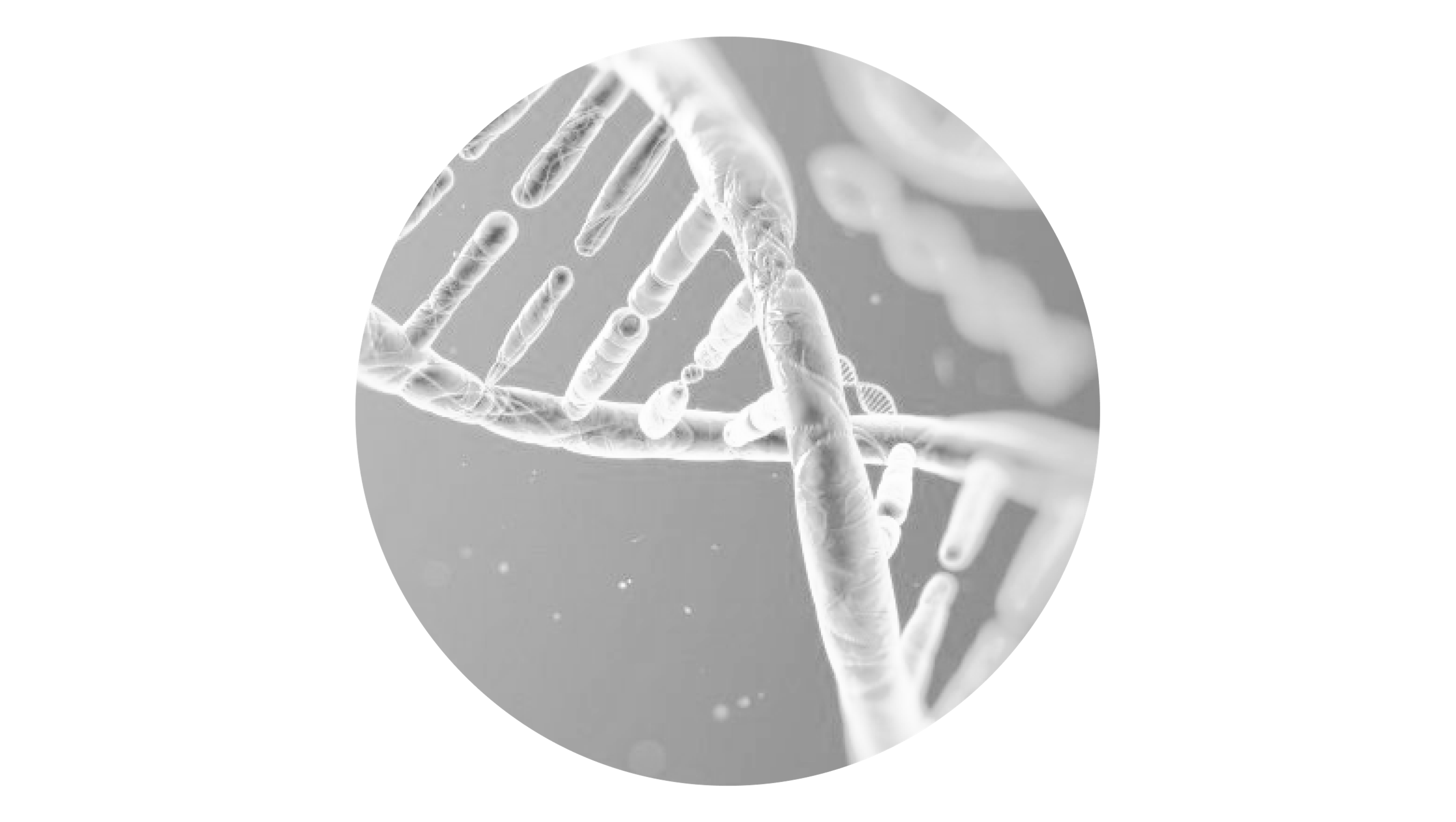
Leading scientists working together to better define aging biomarkers
Research and knowledge on aging has exploded in recent years. New life-extending interventions and measures of age are being discovered just about every month. However, since the growth has been so rapid, scientists are still in the early stages of knowing which biomarkers and processes signal that aging has sped up or slowed down … and how much an intervention needs to impact those biomarkers or processes to be considered valuable in the fight against aging.
In this perspective paper, 27 of the most influential professors in the field of aging worked together to create a framework for aging terminology, as well as validation steps that can help scientists determine whether a biomarker or other process is effective against aging[9].
Key takeaways from this paper:
- Just because a biomarker indicates an impact on aging in blood cells doesn’t mean it will impact aging in the cells of an organ. Scientists must study not just aging in one kind of cell, but in multiple kinds of cells.
- Many biomarkers of aging are currently based on comparing age against someone’s chronological age in years. But this may need to be abandoned in favor of epigenetic aging clocks.
- Biomarkers can either impact the rate of aging—like an aging speedometer—or overall biological age, like an aging odometer.
This review and perspective paper doesn’t pinpoint a magic biomarker, but can help point scientists in the field in the right direction as they work to find one or more of these biomarkers. And biomarkers of aging are huge: Longevity studies can’t be conducted over peoples’ entire lifespans, and if they were, it would be decades before we understood if a diet, exercise, or supplement change helped them live longer. Knowing which biomarkers are associated with longer, healthier lives is a shortcut. When we know that impacting a certain biomarker extends a healthy life, we can infer that an intervention that impacts that biomarker also impacts life span … and we don’t have to wait 80 years to start implementing it. This paper is a big step towards defining and streamlining research to help standardize these outcomes.

XPRIZE Foundation to award $101 million in prizes to aging and longevity researchers
For almost two decades, the XPRIZE Foundation has awarded prizes to scientists, researchers, and inventors in contests that average about $10 million per competition. These have fueled advances and research in fighting climate change, fighting fires, rapid testing for COVID-19, and space exploration: SpaceShipOne won the first XPRIZE in 2004.[10]
In November of 2023, the foundation announced XPRIZE Healthspan[11], the largest prize competition to date: More than $101 million in prizes are available for advances that result in therapeutics that extend health span, a measure of the number of years lived without chronic disease. These prizes are sponsored by the founder of Lululemon and the Hevolution Foundation, a nonprofit that supports health span research.
Key takeaways from this news:
- The largest prize of $81 million will go to an approach that can improve muscle, cognition, and immune system function by a factor of 20 years. Smaller prizes will be awarded for improvements of 10 or 15 years.
- To win, scientists must show that their therapy is effective in one year or less.
- The contest will last for seven years.
Aging and health span research are already receiving growing attention and funding, and breakthroughs—like those outlined in the previous studies and stories above—are already happening. This unprecedented research prize means that aging and health span interest will burn brighter and faster, putting an even bigger spotlight, and more incredible minds, on this growing field.
Authors

Written by
Editorial Staff

Reviewed by
Director Science Communications
References
- ↑
Flanagan EW, Most J, Mey JT, Redman LM. Calorie Restriction and Aging in Humans. Annu Rev Nutr. 2020;40:105-133. doi:10.1146/annurev-nutr-122319-034601
- ↑
Waziry R, Ryan CP, Corcoran DL, et al. Effect of long-term caloric restriction on DNA methylation measures of biological aging in healthy adults from the CALERIE trial [published correction appears in Nat Aging. 2023 Jun;3(6):753]. Nat Aging. 2023;3(3):248-257. doi:10.1038/s43587-022-00357-y
- ↑
Aversa Z, White TA, Heeren AA, et al. Calorie restriction reduces biomarkers of cellular senescence in humans. Aging Cell. Published online November 14, 2023. doi:10.1111/acel.14038
- ↑
Singh P, Gollapalli K, Mangiola S, et al. Taurine deficiency as a driver of aging. Science. 2023;380(6649):eabn9257. doi:10.1126/science.abn9257
- ↑
Tyshkovskiy A, Ma S, Shindyapina AV, et al. Distinct longevity mechanisms across and within species and their association with aging. Cell. 2023;186(13):2929-2949.e20. doi:10.1016/j.cell.2023.05.002
- ↑
Tsao R. Chemistry and biochemistry of dietary polyphenols. Nutrients. 2010;2(12):1231-1246. doi:10.3390/nu2121231
- ↑
Yaskolka Meir A, Keller M, Hoffmann A, et al. The effect of polyphenols on DNA methylation-assessed biological age attenuation: the DIRECT PLUS randomized controlled trial. BMC Med. 2023;21(1):364. Published 2023 Sep 25. doi:10.1186/s12916-023-03067-3
- ↑
Fitzgerald KN, Campbell T, Makarem S, Hodges R. Potential reversal of biological age in women following an 8-week methylation-supportive diet and lifestyle program: a case series. Aging (Albany NY). 2023;15(6):1833-1839. doi:10.18632/aging.204602
- ↑
Moqri M, Herzog C, Poganik JR, et al. Biomarkers of aging for the identification and evaluation of longevity interventions. Cell. 2023;186(18):3758-3775. doi:10.1016/j.cell.2023.08.003
- ↑
Stevens Tim. 10 years of XPrizes: Fixing the world one competition at a time. CNET. October 3, 2014.
- ↑
XPRIZE Health Span: Healthy Aging Made Possible. Resources Page. Accessed 19 Dec 2023. https://www.xprize.org/prizes/healthspan/resources
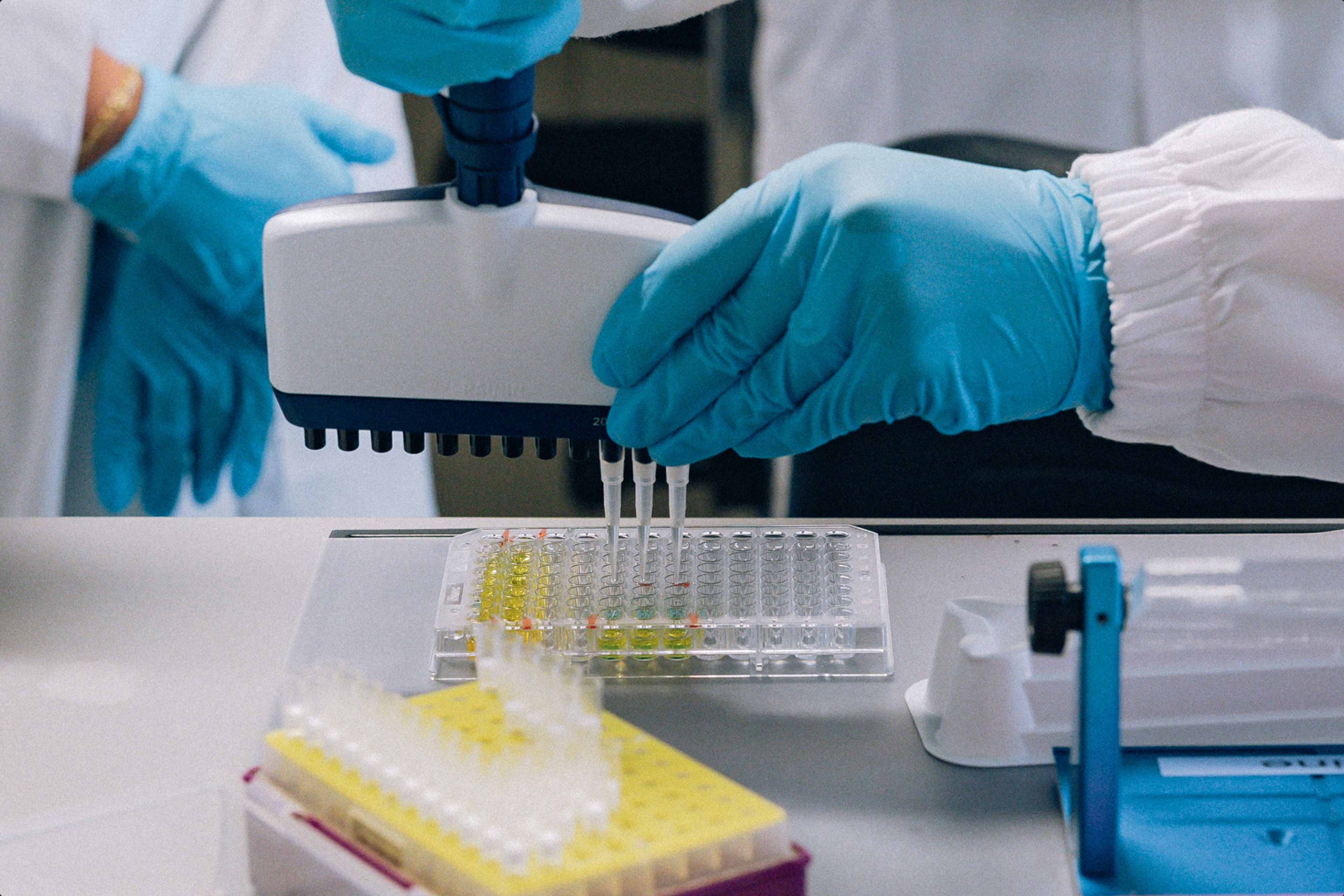
·
Nutrition·
Studies·
2025’s Breakthrough Findings on Urolithin A
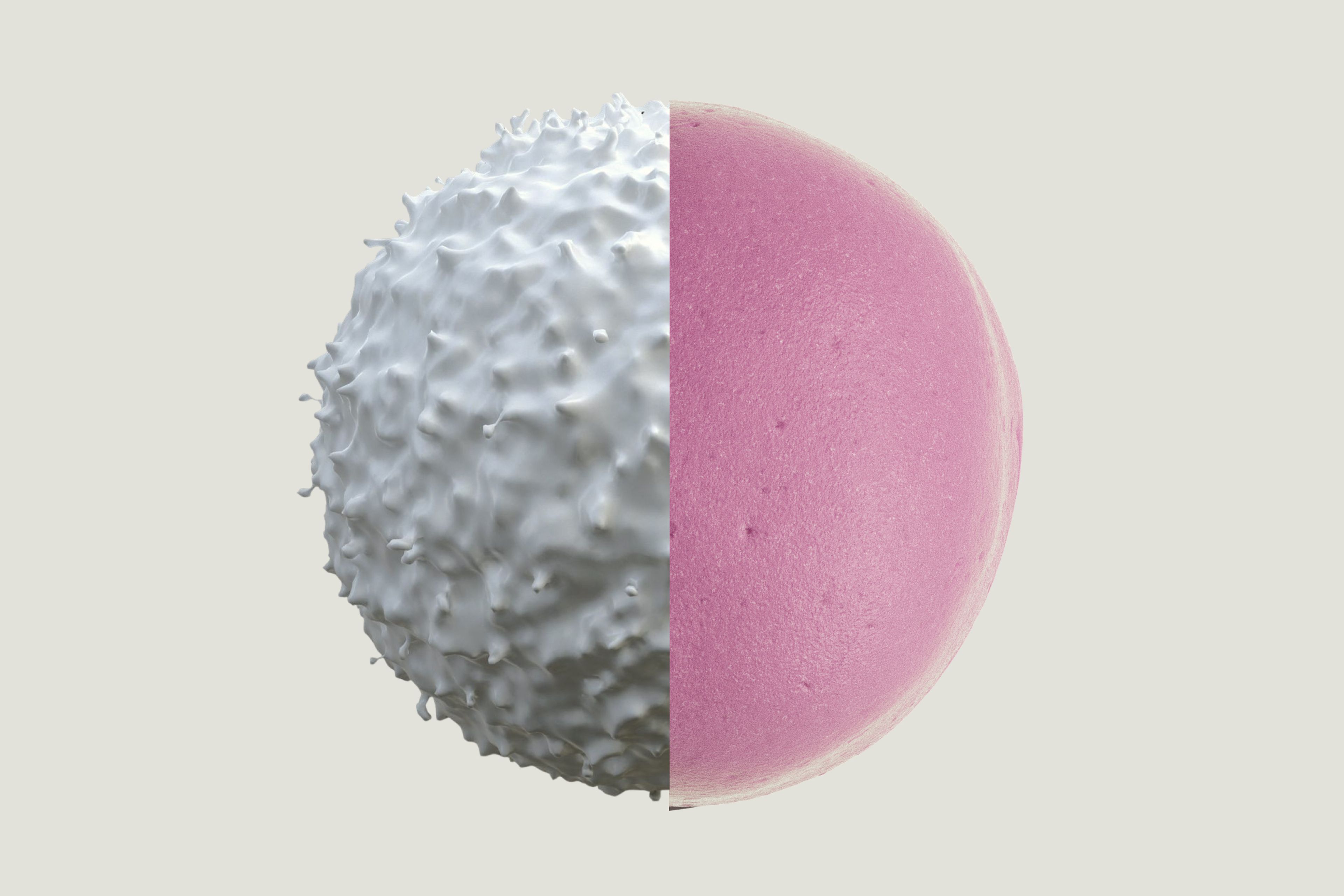
·
Nutrition·
Studies·
New Study: Urolithin A Revitalizes an Aging Immune System
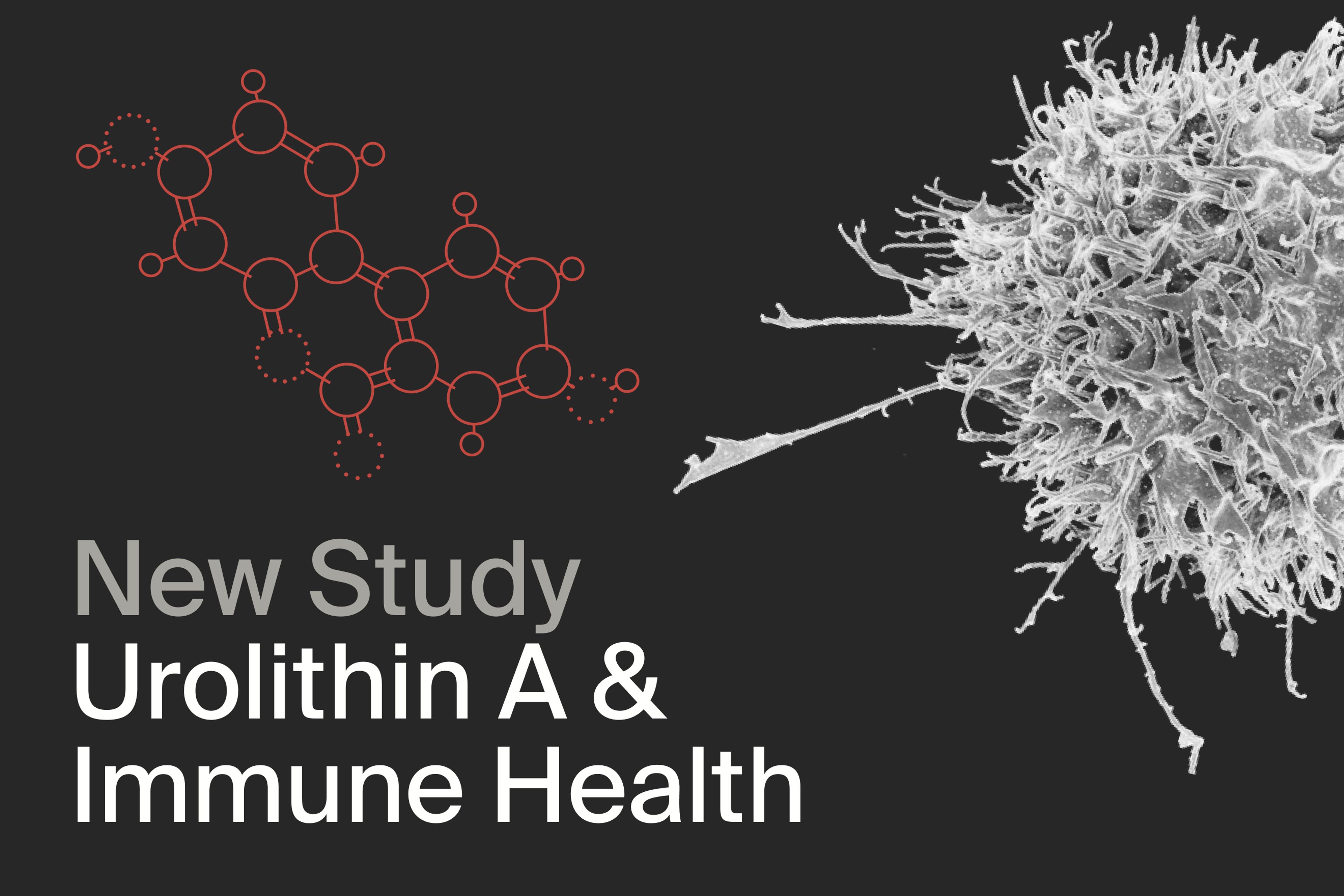
·
Nutrition·
Studies·
